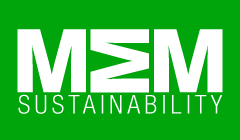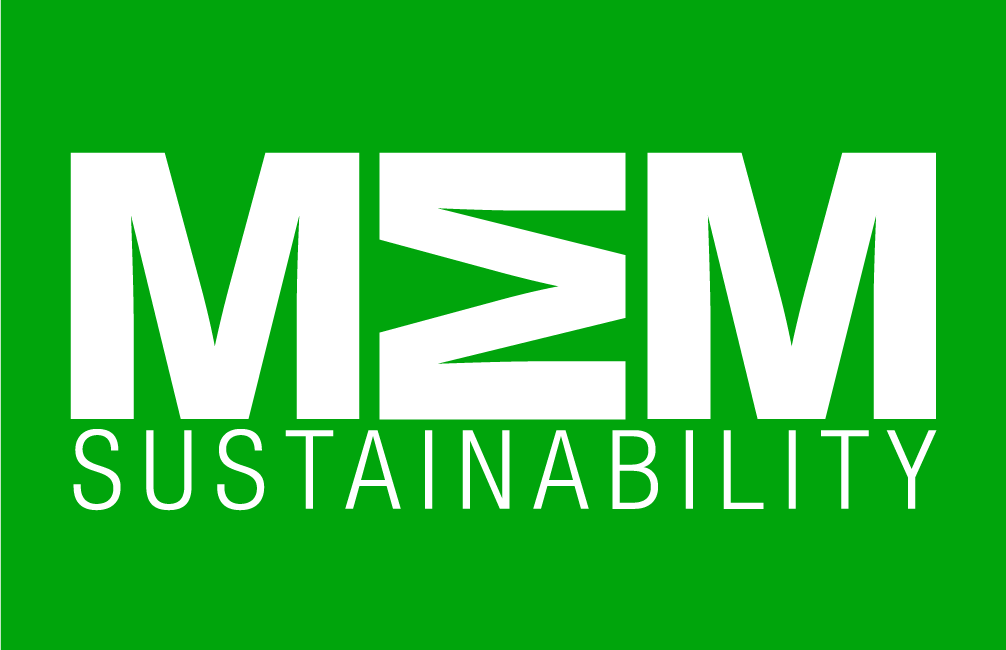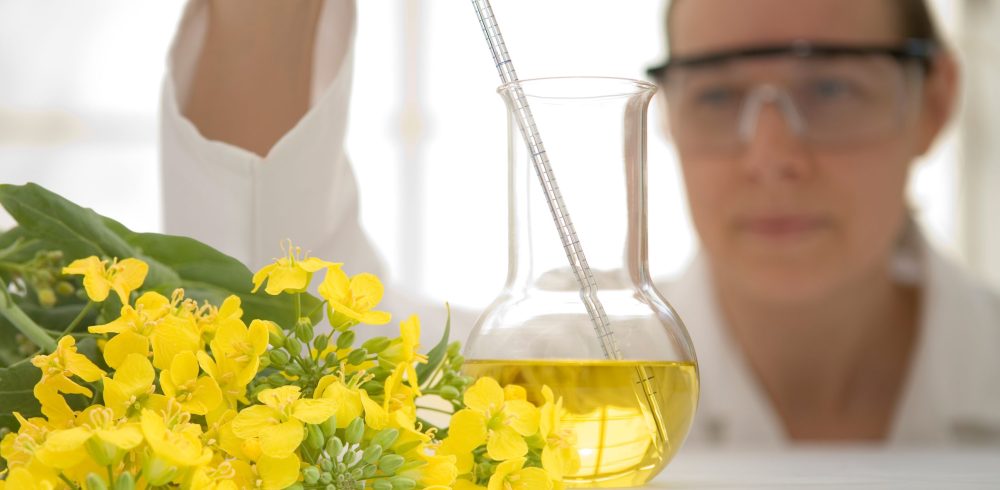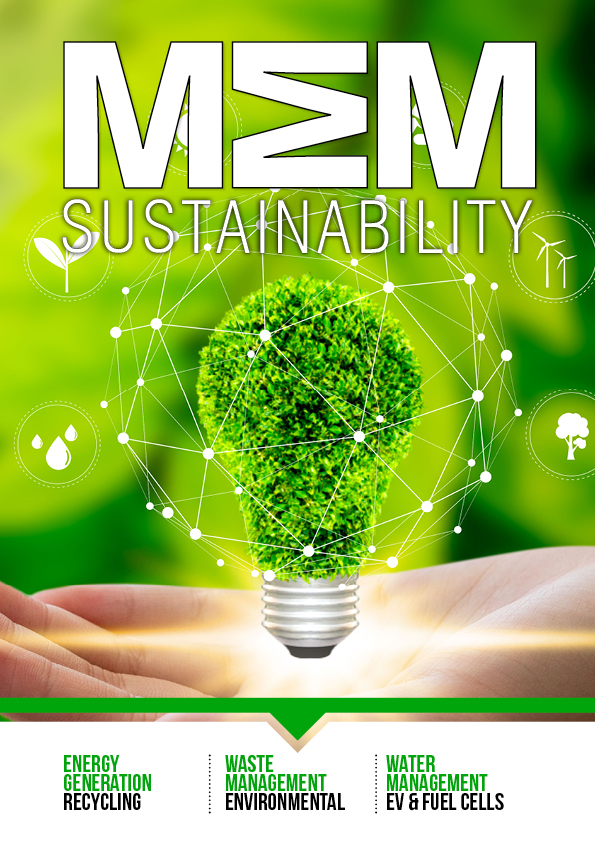Enzymes are important bio-catalysts for industrial processes, opening doors to greater efficiency and sustainability. Although used for eons, enzymes are part of a growing trend that puts nature’s technology to good use for everyday cleaning and manufacturing. Bionetix® is excited to support this trend with the release of ECL1200™, a lipase enzyme concentrate that targets fats and greases in a variety of industries.
How Lipase Works
ECL1200™ is a high-efficiency lipase enzyme sourced from non-pathogenic fungi. It is used to catalyze the hydrolysis of fatty and oily substances (e.g., long-chain triglycerides) into smaller components such as diglycerides, monoglycerides, glycerol, and free fatty acids. In short, it breaks fat into smaller parts. Such enzyme action can help remove stains, improve textures, increase manufacturing efficiency, and release important molecular building blocks to create other products. Microbiologically-sourced lipases like ECL1200™ are especially favored for their stability and economy and can be used in a wide variety of industries, from food to biodiesel production.
Food and Feed Industries
Since lipase acts on fats, oils, and greases, it is naturally at home in the food industry where it is used to improve texture, taste, and quality. One common use is cheesemaking, as well as the processing of butter and other dairy products with a high fat content. When added to animal feed, lipase can help with nutrient absorption.
Laundry Detergent Industry
Because ECL1200™ helps with the digestion of lipids, it is an excellent tool for stain removal in fabrics. By breaking down long fatty acid chains, lipase helps loosen grease and oil deposits so they can form an emulsion with water and be rinsed away. Detergents and stain removal products fortified with lipase are especially helpful for cleaning laundry from the food service or auto repair industries, where linens and uniforms are often stained with grease.
Textile and Leather Industries
Lipase can find a place in the bio-scouring process of textile finishing, replacing alkali scouring, and can potentially reduce other chemicals and help with wastewater BOD/COD in the leather tanning industry.
Papermaking and Biodiesel Industries
In the pulp and paper industry, it has been found to help with pitch control. It is integral to biodiesel production, which requires lipase as a bio-catalyst for transesterification of triglycerides from waste kitchen oils and other fats. Similar reactions are needed in other chemical industries.
Put Lipase to Work for You
Lipase is an important tool to boost production efficiency, catalyze chemical reactions, enhance quality, and introduce sustainable options. Take your first step toward adopting ECL1200™ as a lipase bio-catalyst for your processes today!
Manufacturing & Engineering Magazine | The Home of Manufacturing Industry News















